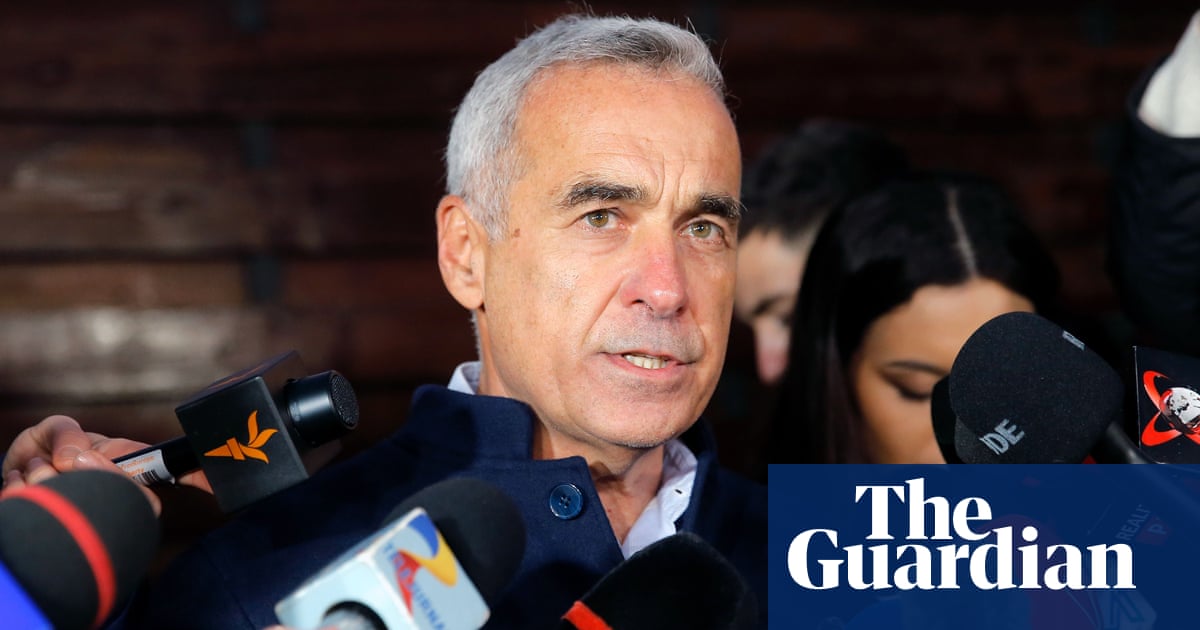G20 Presidency: Can South Africa Navigate Global Tensions?
South Africa assumes the helm of the G20 presidency in a world grappling with geopolitical tensions, making its task of steering this diverse group toward meaningful solutions more challenging than ever. From navigating the looming shadow of Donald Trump to addressing pressing global issues like climate change and inequality, the road ahead is fraught with complexity.
This year, South Africa takes on the mantle of leadership amid a deeply polarized global landscape. The recent Bloomberg report outlining its expectations for the G20 presidency underscores the complexities South Africa faces.
A Presidency Marked by Challenges
The G20, comprising 19 of the world’s largest economies plus the European Union, has become a powerful forum for addressing global economic and social issues. However, the group’s effectiveness is often hampered by geopolitical tensions and diverging national interests.
South Africa’s presidency comes at a particularly precarious time. The ongoing war in Ukraine, escalating US-China tensions, and the lingering economic effects of the pandemic have strained global cooperation. President Cyril Ramaphosa’s inaugural speech acknowledged these challenges, emphasizing the need for unity and collective action.
“We believe that ours is a historic opportunity to demonstrate the value of multilateralism in an increasingly fractured world,” Ramaphosa said at the launch of South Africa’s G20 presidency. “The G20 must rise to the occasion and demonstrate its relevance in addressing the pressing global challenges we face.”
Navigating the Trump Factor
While Trump’s presidency ended in 2021, his influence continues to cast a long shadow on global politics. His skepticism of multilateral institutions like the G20, coupled with his "America First" approach, strained relationships and undermined international cooperation.
Many experts believe that Trump’s rhetoric and policies contributed to the current global polarization.
“[Quote from an expert analyzing the impact of Trump’s policies on global cooperation and the G20].”
South Africa’s challenge lies in engaging with the United States under the Biden administration, while also navigating potential resistance from other members that may share Trump’s nationalist sentiments.
Key Priorities for South Africa’s Presidency
Despite the challenges, South Africa has outlined ambitious goals for its G20 presidency.
These include:
-
Promoting sustainable and inclusive economic growth: This will involve addressing global economic imbalances, promoting trade and investment, and supporting developing countries in achieving the Sustainable Development Goals.
- Curbing climate change: South Africa will work to accelerate the transition to a low-carbon economy, promote renewable energy, and mobilize financing for climate action.
- Strengthening global health security:
Building on the lessons learned from the COVID-19 pandemic, South Africa will push for improved global health surveillance, pandemic preparedness, and equitable access to vaccines and treatments.
- Promoting peace and security: South Africa will advocate for multilateral solutions to global conflicts and promote dialogue and cooperation among nations.
A Pivotal Moment for South Africa on the Global Stage
South Africa’s G20 presidency presents both a significant challenge and a unique opportunity.
Successfully navigating the complexities of the current global landscape would not only enhance South Africa’s international standing but also could pave the way for more effective global cooperation on pressing global issues.
The window of opportunity for meaningful action whilst ensuring inclusion of diverse voices is narrow. Will South Africa be able to transcend the polarizing dynamics of the Globalist landscape and pave the way for a more collaborative and sustainable future?
Millard Brown, a prominent foreign policy expert, shared her thoughts: "[Quote from Millard Brown on the significance of South Africa’s G20 presidency and her outlook for its success]."
To truly gauge the potential impact of South Africa’s G20 presidency, it’s crucial to analyze the specific policies and initiatives implemented during its tenure. As developments unfold, we encourage our readers to share their insights and perspectives on this crucial turning point for the G20.
(Embed Social Sharing Buttons Here)

